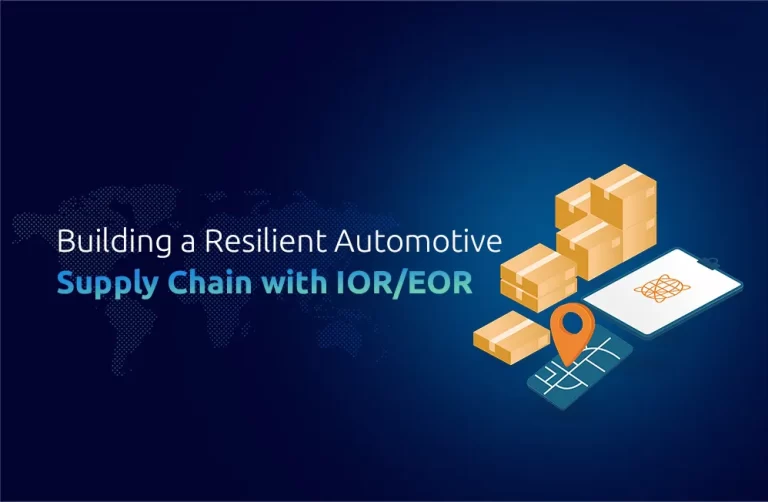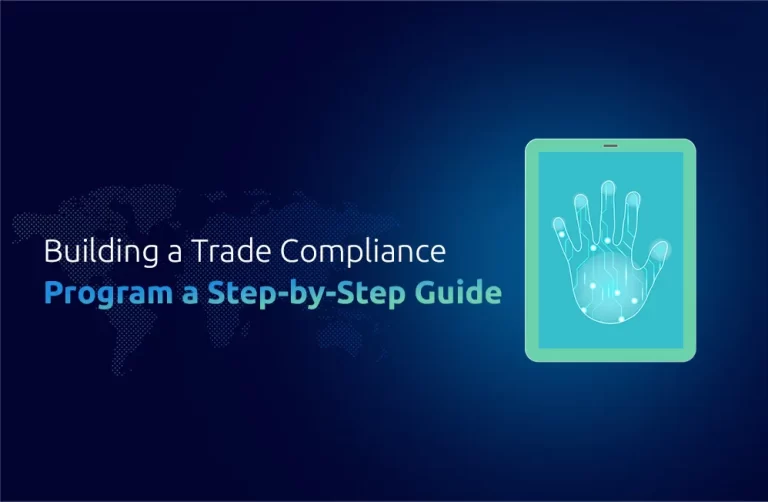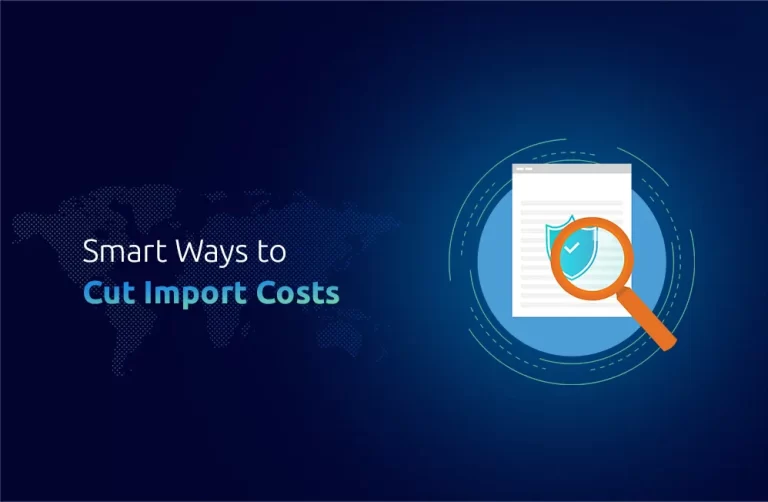Insight
Businesses in the current globalized world are no longer working within their local markets. They have been growing globally and marketing to consumers worldwide. While this global change is noticeable, it also has its challenges, mainly in fulfilling needs on import rules that apply within other countries. At this point, the work of IOR comes.
The IOR is the entity which ensures that goods are imported following the laws of their area of destination. It covers the proper filing with trades and other state agents for charge of duties, taxes, and generally, all connected factors to confirm goods can be legally brought. Through using IOR services, institutions can handle global trade clarity and challenges. The IOR will take care of the paperwork, providing compliance with rules overseeing importation and having to deal with customs units while firms can go on about their core business.
Role of IOR in Business Growth
As businesses harness new markets, they usually encounter strange import regulations and go through with such processes. Each country has a specific regulation and following the path to pass their rules is rather tough. This is the place where knowledge of IOR has a role. The IOR, due to its understanding of the rules and requirements for international trade as well as import sanctions that are in force around the world, can lead businesses through the procedures they will have with a new market.
They can guide businesses on the import guidelines of the new market, provide related documents, and help to pay all duties and taxes in addition. By observing compliance with the regulations covering imports, IOR can prevent businesses from incurring costly penalties and supply chain disruptions. This is especially helpful for businesses entering into a market they are unfamiliar with, where the import regulations haven’t been applied before. Furthermore, the IOR can support companies in reducing risks associated with worldwide trade. They can assist in trade compliance, guide businesses through the various covenants of local or foreign trades, and even ease classification as well as customs valuations.
Using IOR for Global Market Entry
The contribution of the Importer of Record (IOR) to the market entry process is usually underrated. On the other hand, IOR services denote a strategic implementation that can greatly help in improving chances for acquiring global markets. The IOR applies to import rules in each country, files documentation related to customs, and pays tariffs and taxes for the importer’s firm. Doing so enables the firm to concentrate on its area of competitive advantage without worrying about problems arising out of global trade.
Significant Considerations for IOR Application in the Market Entry
Companies considering an Importer of Record (IOR) for market entry must carefully consider several strategic factors. Learning local regulations is vitally important as each country imposes specific import regulations that must be observed. IOR services provide businesses with 75 years of experience navigating global trade regulations, helping to manage risks associated with compliance issues and supply chain disruptions more efficiently when expanding into global markets. Utilizing an IOR is often more cost-effective than setting up local entities, making it an attractive solution for businesses that are just entering or have minimal presence in a market. By simplifying import processes and expediting customs clearance procedures, these IOR services enable faster speed-to-market, helping firms bring their products directly to customers more efficiently and cost-effectively.
IOR’s Role in Effective Market Entrance
Another significant advantage of IORs in global portfolio entry is efficiency. The IOR can provide all the necessary documents to deal with customs authorities. This not only makes the process easier for the importing company but also more productive.
The IOR can help avoid delays at customs by making sure that all documents are filled in accurately and submitted on time. This can be most useful to firms that are importing time-sensitive products. Moreover, the IOR can take care of duty and tax settlements which helps companies not to incur unwanted charges since they know early on what their total cost import price will be. This helps companies to set rightful budgets and hence, avoid costly surprises.
Breaking Barriers: Facilitating Cross-Border Trade by IOR
Cross-border trade is not always an easy process; it carries the baggage of bureaucratic roadblocks and logistic obstacles with it. The IOR role involves coordinating the challenges that come with these intricacies to ensure the smooth movement of goods across borders.
Compliance with all import regulations and procedures is guaranteed by the IOR, which mitigates issues such as delays, fines, and seizures. They prepare customs paperwork, cover duty, and tax payments for the importing firm making formalities with Customs authorities. This allows the business to concentrate on its core competencies, while the IOR deals with problems related to cross-border trades.
In addition, the IOR can serve as a useful source of information on the import needs of distinct markets and assist businesses in conducting proper planning for expansion abroad. They can also advise on trade compliance, guide the industry in negotiating various trade agreements, and assist with customs valuation as well as classification.
Forward Thinking in Benefits Related to IOR for Business Growth
Global trade is evolving quickly, offering businesses new opportunities when using Importer of Record services as Importers of Record (IORs). Digital transformation is revolutionizing the import process, with digital platforms automating customs documentation and duty payments to cut costs while speeding up import timelines. As global regulatory changes become more frequent, IORs must remain adaptable by investing in real-time compliance monitoring technologies and maintaining ongoing professional training programs. Emerging markets provide businesses with new business opportunities, and IORs play a pivotal role in helping navigate these countries’ intricate import laws. As sustainability becomes an ever-increasing priority, IORs play an expanded role in assuring environmental compliance – such as helping businesses import green technology and alternative energy equipment – through adapting to these changes, helping businesses remain competitive and thrive in today’s dynamic global economy.
Conclusion
The Importer of Record (IOR) is a crucial partner for businesses navigating the complexities of global trade. By leveraging IOR services, companies can overcome regulatory challenges, reduce costs, and streamline market entry, ensuring growth in today’s dynamic international economy.
Did you know that
global trade compliance errors cost businesses over $1 trillion annually, and companies that use Importer of Record (IOR) services reduce these risks by up to 80%?
FAQs
- What Is an Importer of Record & Why is It Necessary?
Answer: An Importer of Record (IOR) is a service provider that facilitates importation in accordance with local laws and regulations. IORs manage documentation, customs clearance procedures, duties, and taxes so businesses can focus on core operations without worrying about regulatory hurdles.
- How can an IOR assist in global market entry?
Answer: IOR services facilitate market entry by managing country-specific import rules and customs duties on businesses’ behalf, filing accurate documentation, and overseeing customs duties effectively – helping businesses expand internationally without delays, penalties, or expenses that would impede growth.
- Can IOR services reduce costs for businesses entering new markets?
Answer: Yes! IOR services can be more cost-efficient than setting up local entities by cutting overhead costs, mitigating risks associated with compliance errors, and guaranteeing timely duty/tax payments – thus optimizing total import costs.
- How are IOR services contributing to sustainable practices?
Answer: The IOR can assist businesses in meeting environmental regulations by helping to import sustainable goods, such as alternative energy equipment and green technology, that are in line with global sustainability objectives.
- What role does digital transformation play in IOR services?
Answer: Digital platforms are revolutionizing IOR operations by automating processes such as customs documentation and duty payments, which reduce errors, accelerate processes, and minimize costs – ultimately making global trade more efficient and transparent.










